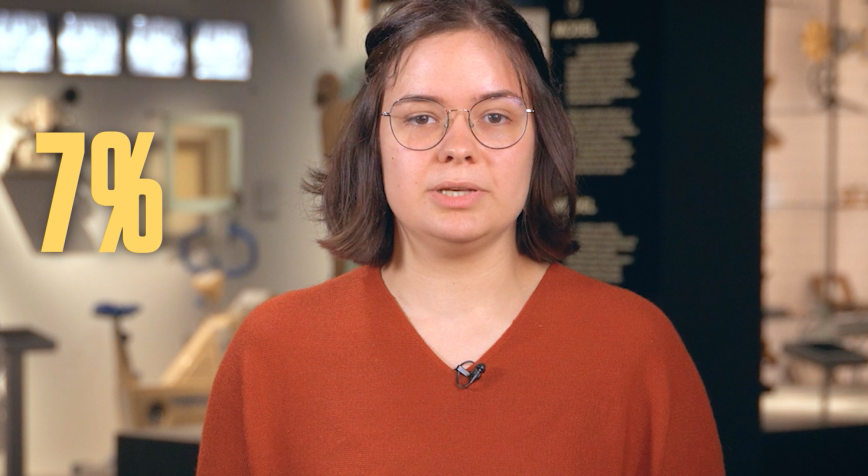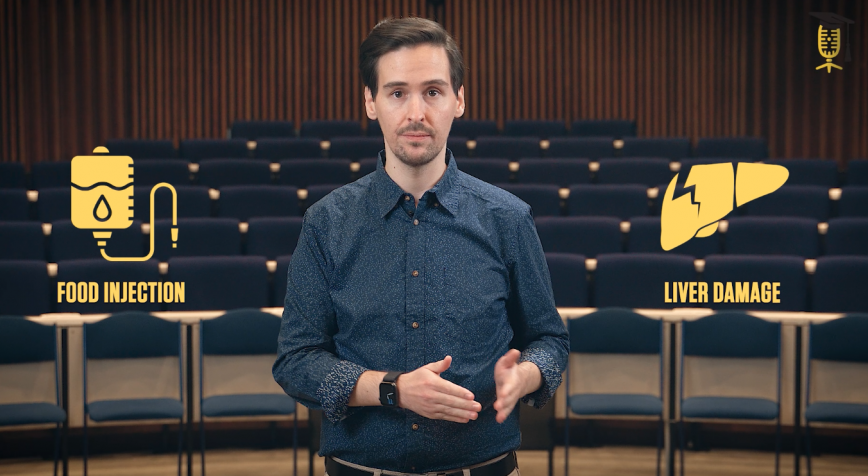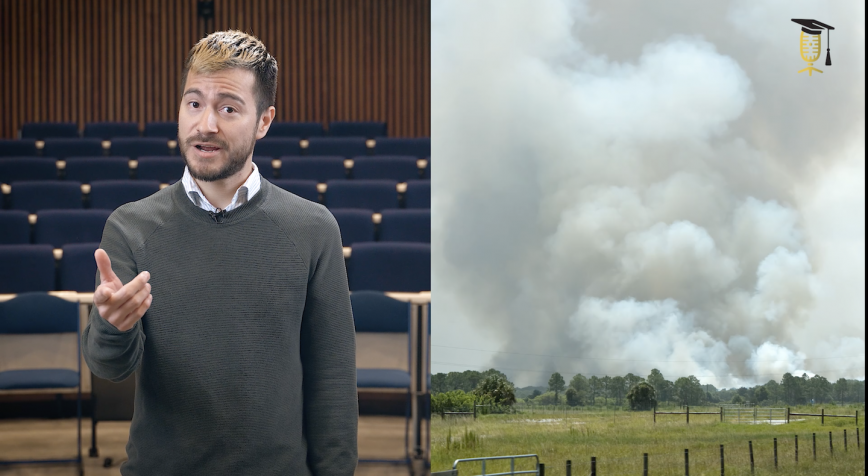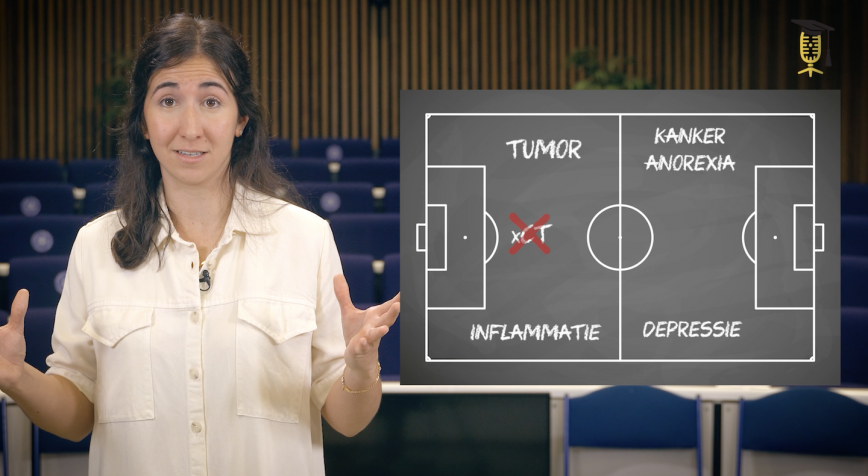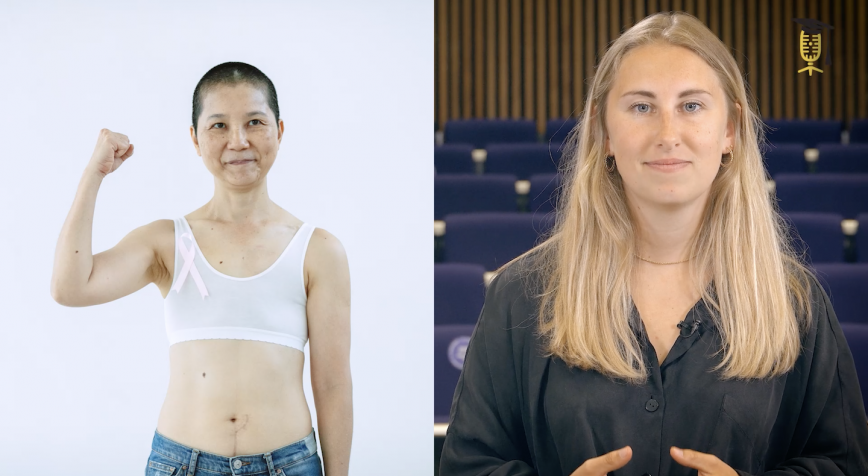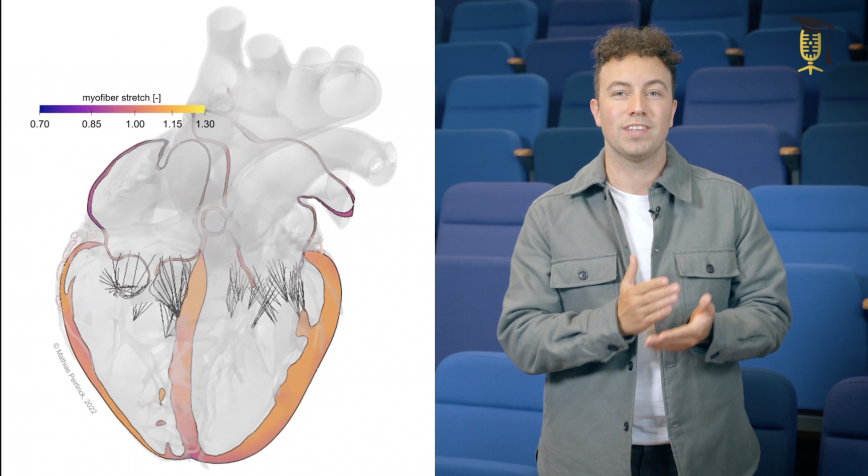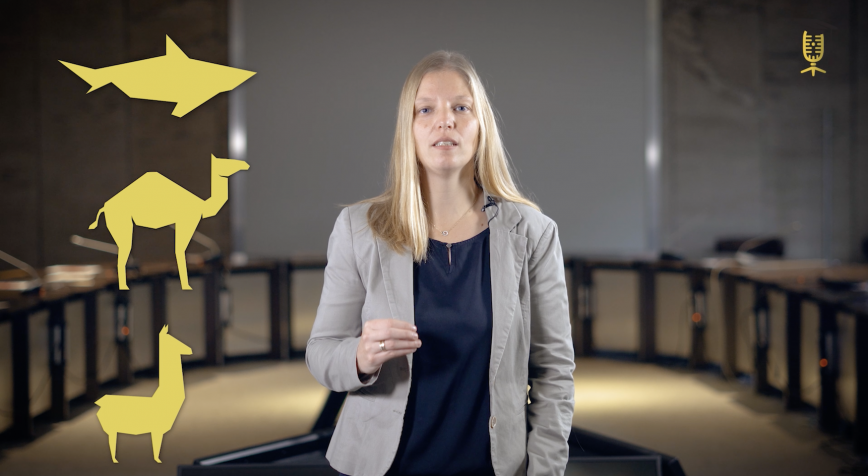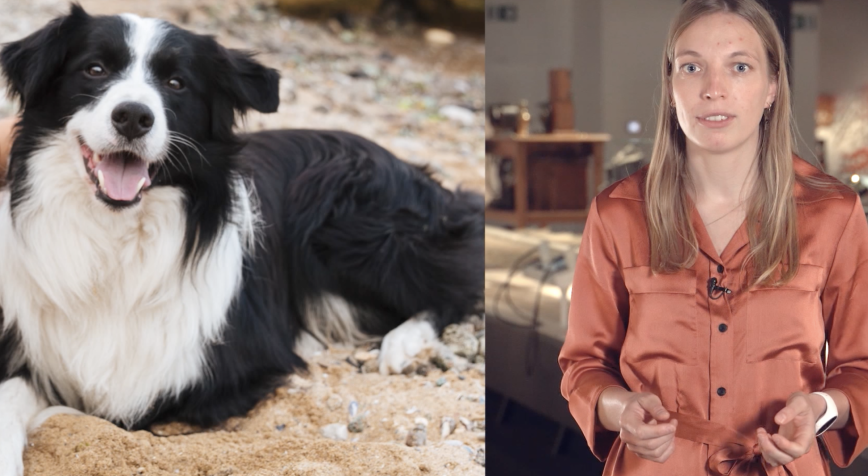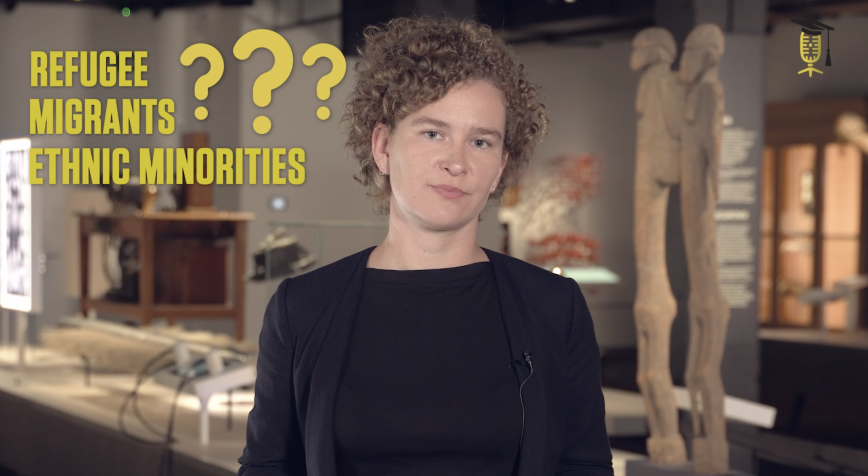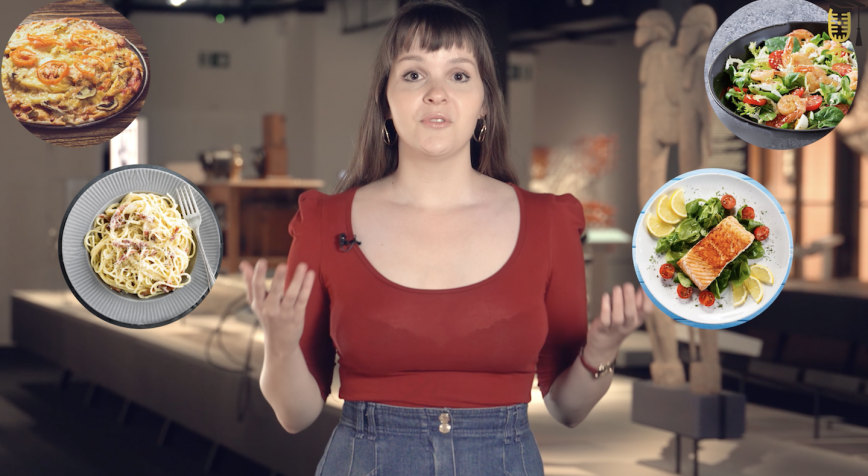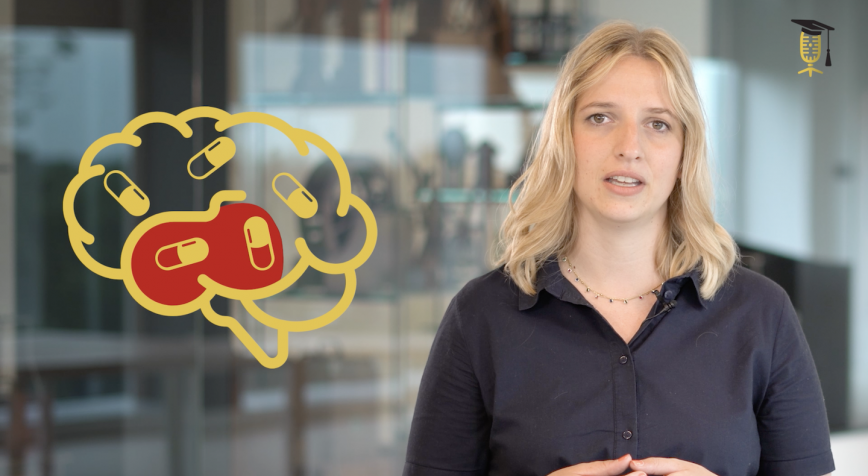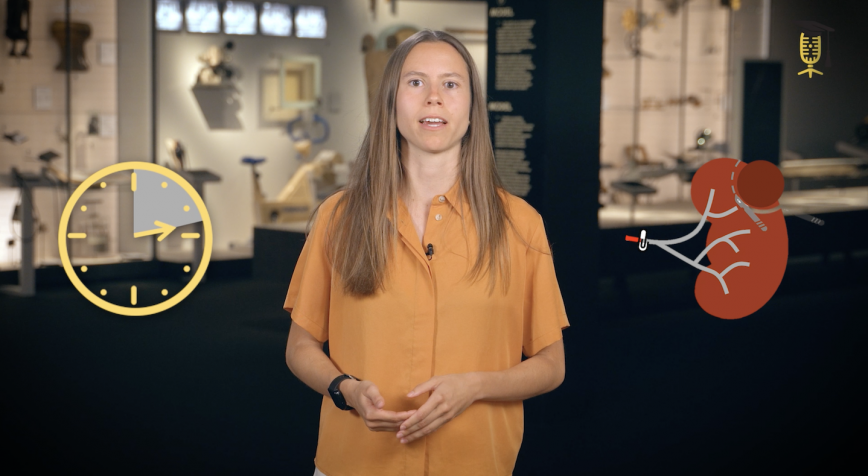
FWO
UGent
Kidney surgery: a race against the clock
When removing a kidney tumor, a surgeon has just 20 minutes to do the job. During the operation, the surgeon has to cut off the blood supply to the kidney to avoid a true blood bath. But if the kidney is without blood for too long, too much of it will die off, causing the kidney to malfunction. Using mathematical models, Saar Vermijs aims to help surgeons in their race against the clock...
